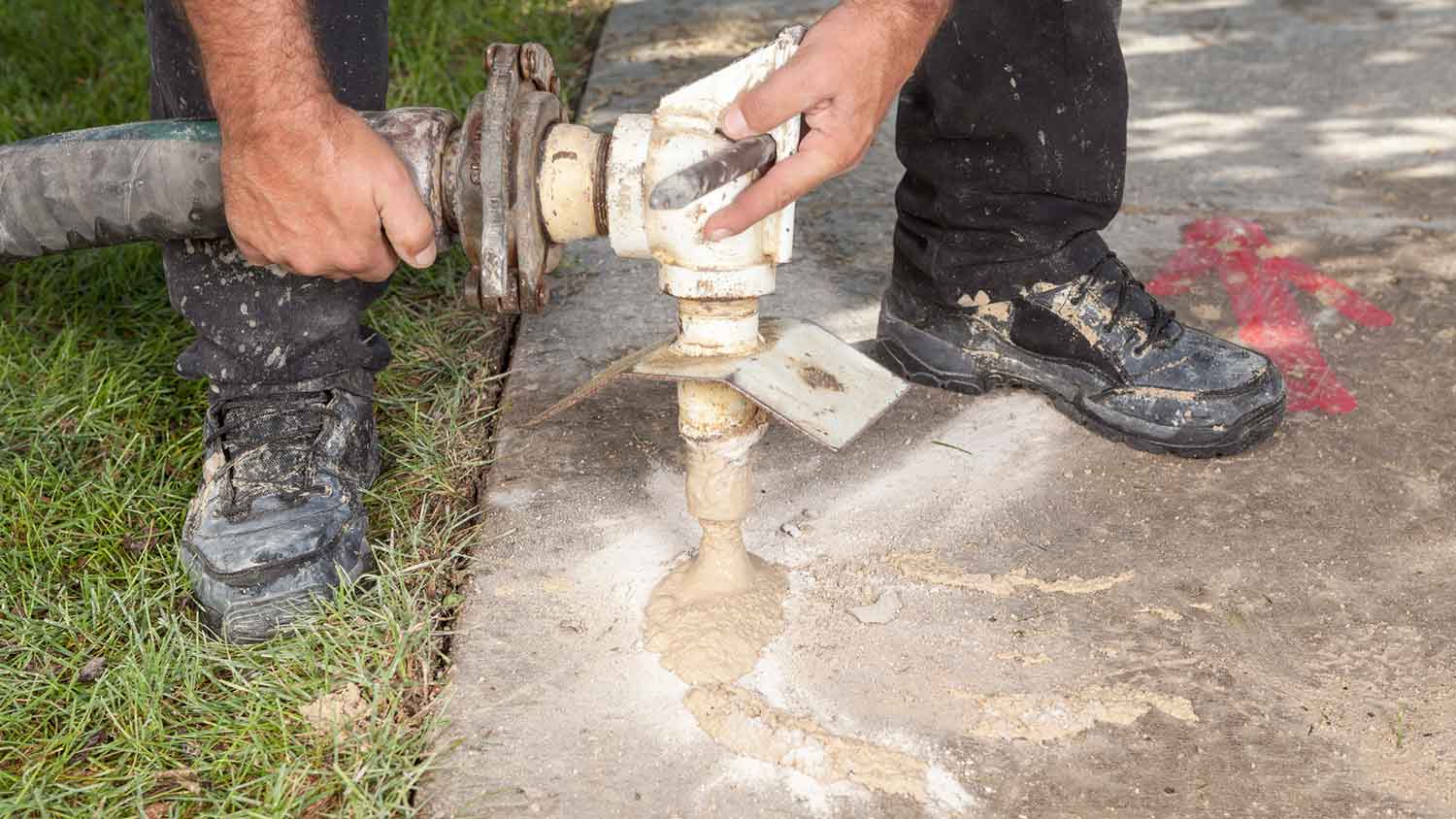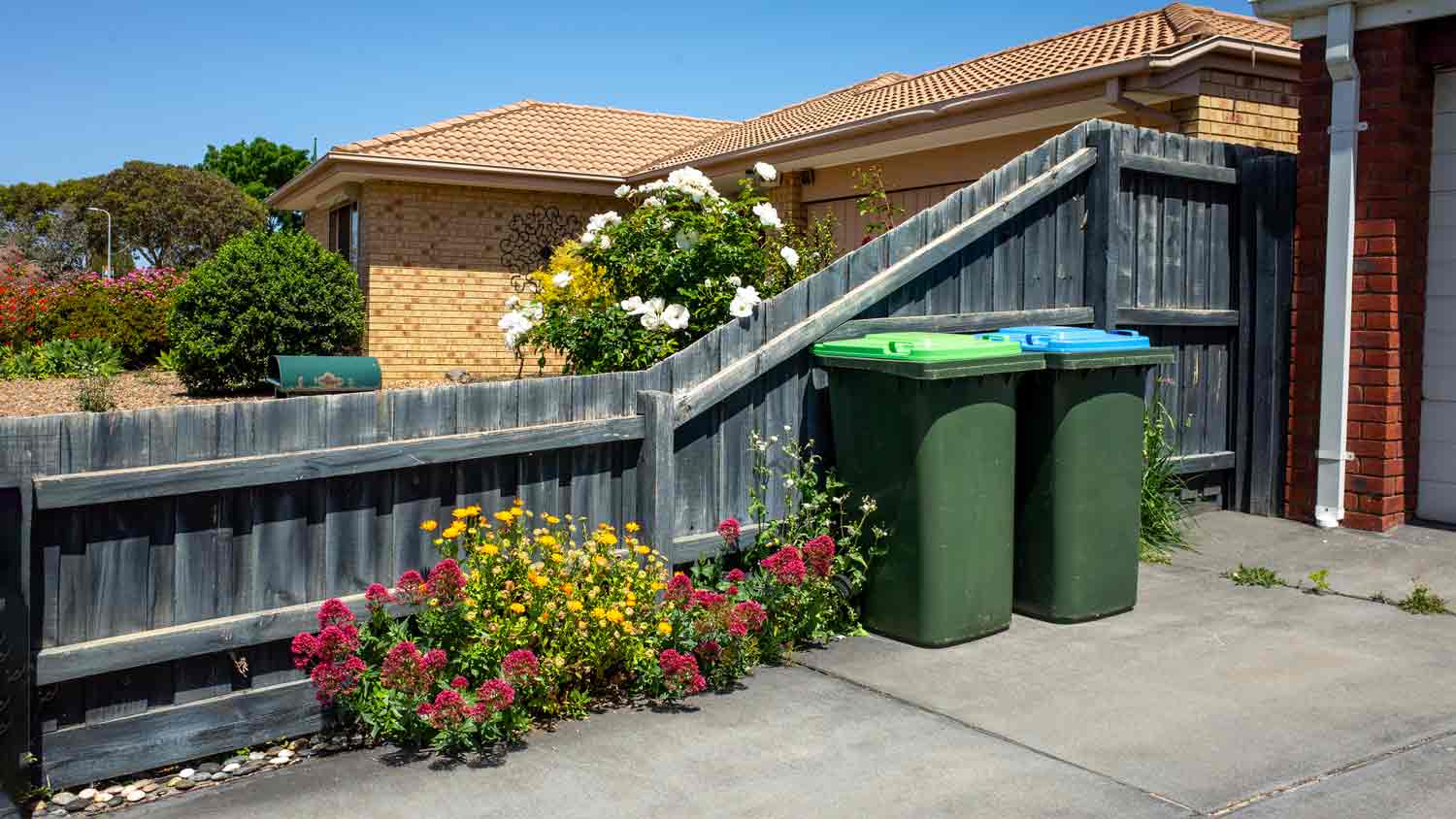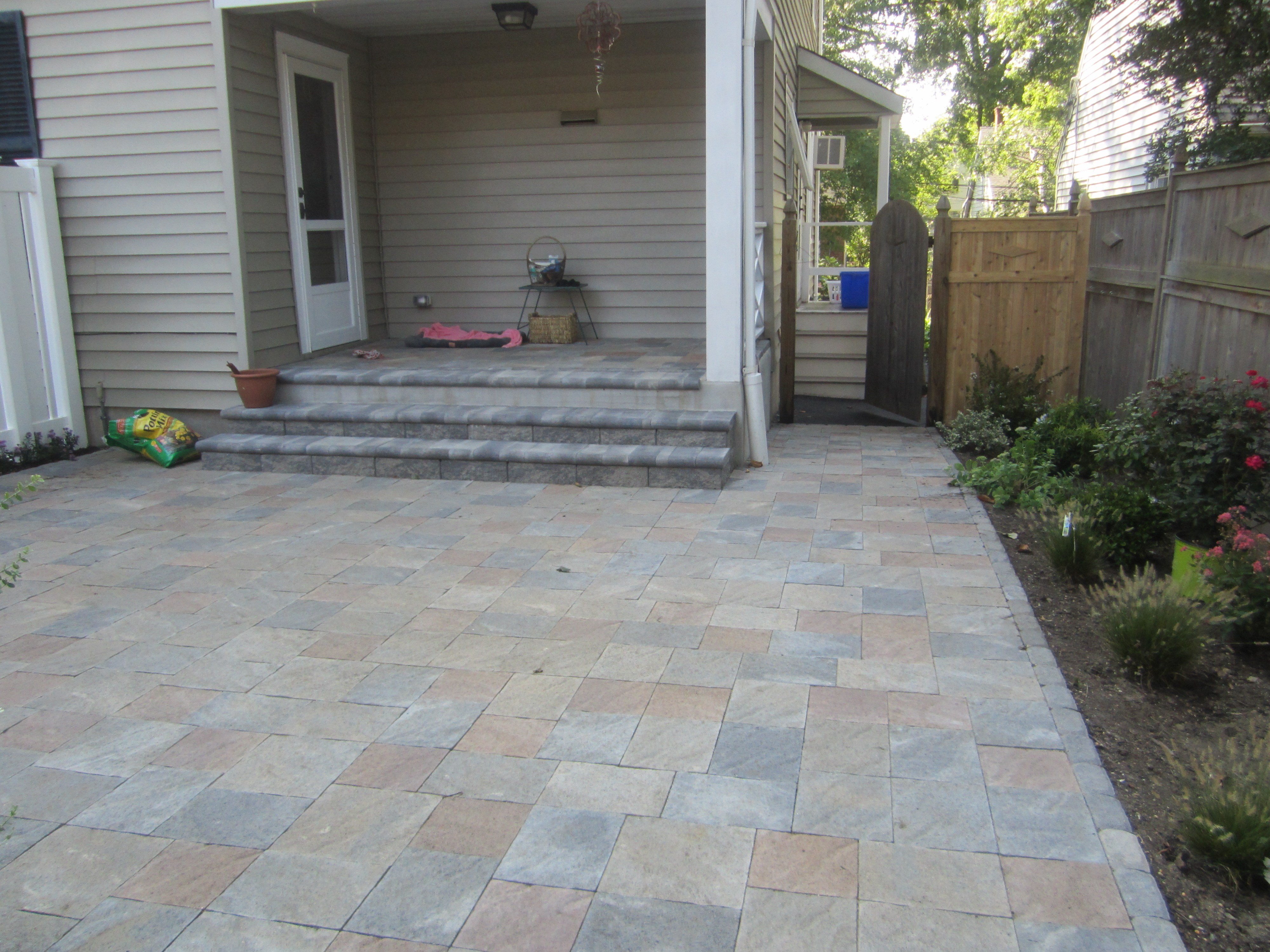
Get matched with top concrete leveling pros in Richmond, NH
Enter your ZIP and get matched with up to 5 pros
Need a pro for your concrete leveling project in Richmond, NH?
Verified Reviews for Concrete Leveling pros in Richmond, NH
*The Angi rating for Concrete Leveling companies in Richmond, NH is a rating based on verified reviews from our community of homeowners who have used these pros to meet their Concrete Leveling needs.
*The HomeAdvisor rating for Concrete Leveling companies in Richmond, NH is a rating based on verified reviews from our community of homeowners who have used these pros to meet their Concrete Leveling needs.
Last update on December 08, 2025
Find Concrete leveling pros in Richmond
CULLEN CONCRETE FORM CO
CULLEN CONCRETE FORM CO
Install concrete footings, walls and slabs
Install concrete footings, walls and slabs
EHM
EHM
EHM is a structural moving and elevating company that also specializes in foundation repair and replacement. We have been working in the Midwest since the Great Floods of 1993. We specialize in severely comprised foundation issues. We can elevate, level, pier or replace a wall or your entire foundation. We do not do mudjacking, waterproofing or minor crack repair.
"I did not get the service that we originally talked about I am very unhappy"
Donna S on August 2021
EHM is a structural moving and elevating company that also specializes in foundation repair and replacement. We have been working in the Midwest since the Great Floods of 1993. We specialize in severely comprised foundation issues. We can elevate, level, pier or replace a wall or your entire foundation. We do not do mudjacking, waterproofing or minor crack repair.
"I did not get the service that we originally talked about I am very unhappy"
Donna S on August 2021
The Richmond, NH homeowners’ guide to concrete leveling services
From average costs to expert advice, get all the answers you need to get your job done.

Don’t let sinking concrete capsize your budget. Learn about concrete leveling costs and the available methods to plan ahead for your project.
 •
•Wondering about mudjacking costs? Discover prices, key cost factors, and tips to save on your concrete leveling project.

Sunken concrete slabs can quickly get expensive to raise back up. Learn about polyurethane concrete lifting costs to see how you should budget.

Leveling concrete slabs around your home is no small feat. Learn who to call to level your concrete slab and why they’re the right choice.

Mudjacking is a common method for leveling concrete. Learn how long mudjacking lasts and what factors contribute to its lifespan.

A driveway that’s too steep can be a major inconvenience. We’ve compiled some of the best steep driveway solutions in this comprehensive guide.
- Winchester, NH Concrete leveling pros
- Swanzey, NH Concrete leveling pros
- Gill, MA Concrete leveling pros
- Troy, NH Concrete leveling pros
- Northfield, MA Concrete leveling pros
- Fitzwilliam, NH Concrete leveling pros
- Royalston, MA Concrete leveling pros
- Keene, NH Concrete leveling pros
- Orange, MA Concrete leveling pros
- Marlborough, NH Concrete leveling pros
- Erving, MA Concrete leveling pros
- Bernardston, MA Concrete leveling pros
- Athol, MA Concrete leveling pros
- Phillipston, MA Concrete leveling pros
- Turners Falls, MA Concrete leveling pros
- Jaffrey, NH Concrete leveling pros
- Brattleboro, VT Concrete leveling pros
- Wendell, MA Concrete leveling pros
- Rindge, NH Concrete leveling pros
- Harrisville, NH Concrete leveling pros
- Winchendon, MA Concrete leveling pros
- Dublin, NH Concrete leveling pros
- Dummerston, VT Concrete leveling pros
- 🌱 "Mow a small front yard"
- 🛠 "Fix a leaking pipe under the sink"
- 🏠 "Repair shingles on an asphalt roof"




